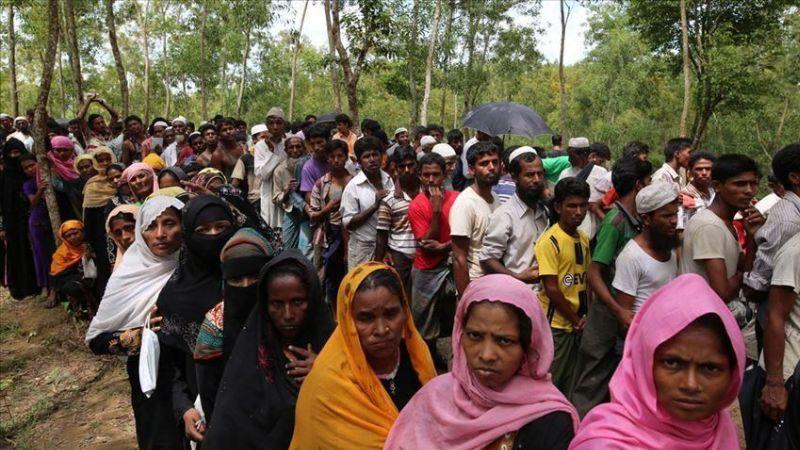Myanmar has confirmed that 180,000 Rohingya refugees living in Bangladesh since fleeing their homeland are eligible to return, the Bangladeshi government has said.
The announcement came on Friday following high-level discussions in Bangkok during the 6th BIMSTEC Summit. Khalilur Rahman, a senior representative of Bangladesh’s interim government led by Nobel Peace Prize winner Muhammad Yunus, met with Myanmar’s Deputy Prime Minister and Foreign Minister Than Swe on the sidelines of the summit.
According to officials, the 180,000 names are part of a larger list of 800,000 Rohingya that Bangladesh had submitted to Myanmar in six separate batches between 2018 and 2020. Myanmar also informed the Bangladeshi side that another 70,000 names are pending final verification, with authorities still reviewing photographs and identity details. They further pledged to expedite the verification process for the remaining 550,000 individuals on the original list.
More than a million Rohingya refugees have been living in overcrowded camps in southeastern Bangladesh since fleeing a brutal military crackdown in Myanmar’s Rakhine State in 2017. While the recent confirmation offers a glimmer of hope for some, many Rohingya remain skeptical.
“After all these years, they are confirming only 180,000 names. This feels like nothing more than an eyewash. We want a genuine solution,” said Shafiqur Rahman, a Rohingya refugee, speaking to Reuters.
He emphasized that repatriation must include all Rohingya, along with guarantees of full citizenship, safety, and dignity. “Myanmar must take all of us back — not just a selected few — and they must ensure we return with full rights. Without that, this process means nothing to us.”
Repatriation efforts in 2018 and 2019 collapsed after refugees refused to return, fearing persecution and continued denial of their basic rights in Myanmar, including citizenship.
There has been no immediate official response from the Myanmar government regarding the outcome of the latest talks.
Meanwhile, the situation in Rakhine State remains volatile. Last year alone, an estimated 70,000 more Rohingya crossed into Bangladesh, fleeing escalating violence and deepening food insecurity.
Observers are cautiously watching whether this new agreement will lead to meaningful progress or yet another unfulfilled promise in the ongoing Rohingya crisis.
BOB Post

